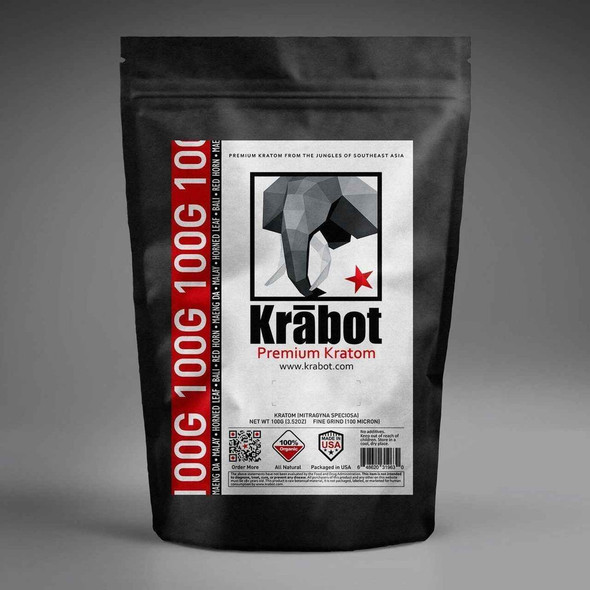Red Vein
-

Krabot Red Jongkong Kratom Powder
Krabot
$14.99RED JONGKONG KRATOM EFFECTS AND BENEFITS Red Jongkong is a red veined strain. Alkaloid profile is close to that of a Maeng Da. Features: High quality finely ground powder 100 Micron fast acting grind Pesticide and chemical free No additives Grown and...$14.99 -

Krabot Red Thai Kratom Powder
Krabot
$14.99RED THAI KRATOM EFFECTS AND BENEFITS Red Thai is a red veined strain with Thai origins. This high alkaloid red is prized for it's effects. Features: High quality finely ground powder 100 Micron fast acting grind Pesticide and chemical free No...$14.99 -

Krabot Red Horn Kratom Powder
Krabot
$14.99RED HORN KRATOM EFFECTS AND BENEFITS Red Horn is a red veined strain from the west Kalimantan forests in Indonesia. Its sedative and mood-lifting properties are said to be some of the best across all strains. Also available in extract and capsules...$14.99 -

Krabot OG Red Horn Kratom Powder
Krabot
$14.99WHAT IS OG RED HORN KRATOM? OG Red Horn is a red veined strain from the forests of Indonesia. This dark red was a staple when we first started, and it's back for a limited time. Its sedative and mood-lifting properties are said to be some of the best...$14.99 -

Krabot OG Red Horn Kratom Caffeine Infused Powder
Krabot
$32.99Our Caffeine infused Kratom is available in 100g bags. We blend caffeine extract with our kratom powder, and the end result is a caffeine infused kratom with 40mg of caffeine per gram. Typically, there is an average of 80mg of Caffeine in your typical...$32.99